
EUROCC, CASTIEL and the CoEs

EUROCC – National Competence Centres in the framework of EuroHPC
The mission of EuroCC 2 is to continue the establishment of a network of National Centres of Competence (NCC) in the most efficient way, while continuing to address the differences in the maturity of HPC deployment in Europe, for which improvement has already been noted. Therefore, in addition to high-level management to monitor progress in the NCCs’ development, the main task of the overall activity is to support national centres in setting up their individual operational frameworks, while accessing and making the most of the experience and expertise currently available at national and European level. To support this, EuroCC 2 will work closely with CASTIEL 2, which is tailored to the needs of the EuroCC (2) NCCs and this time will also involve the Centres of Excellence.
Who is on board?
The EuroCC activities—with 32 member and associated countries on board—is coordinated by the High-Performance Computing Center Stuttgart (HLRS). The project aims to elevate the participating countries to a common high level in the fields of HPC, HPDA and artificial intelligence (AI). The EuroCC project has established National Competence Centres (NCCs) in the participating countries, which will be responsible for surveying and documenting the core HPC, HPDA, and AI activities and competencies in their respective countries. Ultimately, the goal is to make HPC available to different users from science, industry, public administration, and society.
Intro
Partners
University of Stuttgart – The High Performance Computing Center(USTUTT) GERMANY, Gauss Centre for Supercomputing (GCS) GERMANY, Institute of Information and Communication Technologies at Bulgarian Academy of Sciences (IICT-BAS) BULGARIA, Universität Wien (UNIVIE) AUSTRIA, University of Zagreb University Computing Centre (SRCE) CROATIA, Computation-based Science and Technology Research Center, The Cyprus Institute (CaSToRC-CyI) CYPRUS, IT4Innovations National Supercomputing Center, VSB – Technical University of Ostrava (IT4I) CZECH REPUBLIC, Technical University of Denmark (DTU) DENMARK, University of Tartu HPC Center (UTHPC) ESTONIA, CSC – IT Center for Science Ltd (CSC) FINLAND, National Infrastructures for Research and Technology S.A. (GRNET S.A.) GREECE, Kormányzati Informatikai Fejlesztési Ügynökség (KIFÜ) HUNGARY, National University of Ireland, Galway – Irish Centre for High-End Computing (ICHEC), CINECA – Consorzio Interuniversitario (CINECA) ITALY, Vilnius University (LitGrid-HPC) LITHUANIA, Riga Technical University (RTU) LATVIA, UNINETT Sigma2 AS (Sigma2) NORWAY, Norwegian Research Centre AS (NORCE) NORWAY, SINTEF AS (SINTEF) NORWAY, Academic Computer Centre Cyfronet AGH (CYFRONET) POLAND, Fundação para a Ciência e a Tecnologia (FCT) PORTUGAL, National Institute for Research-Development in Informatics – ICI Bucharest (ICIB) ROMANIA, Academic and Research Network of Slovenia (ARNES) SLOVENIA, Barcelona Supercomputing Center – Centro Nacional de Supercomputación (BSC) SPAIN, Uppsala University (UU) SWEDEN, Eidgenössische Technische Hochschule Zürich (ETH Zurich) SWITZERLAND, The Scientific and Technological Research Council of Turkey (TUBITAK) TURKEY, TERATEC (TERATEC) FRANCE, SURF BV (SURF) THE NETHERLANDS, Centre de recherche en aéronautique a.s.b.l. (Cenaero) BELGIUM, Luxinnovation GIE (LXI) LUXEMBOURG, Center of Operations of the Slovak Academy of Sciences (CC SAS) SLOVAK REPUBLIC, University of Ss. Cyril and Methodius, Faculty of computer science and engineering (UKIM) REPUBLIC OF NORTH MACEDONIA, Háskóli Íslands – University of Iceland (UICE) ICELAND, University of Donja Gorica (UDG) MONTENEGRO, Elektrotehnicki Fakultet Univerzitet u Beogradu (ETF), SERBIA
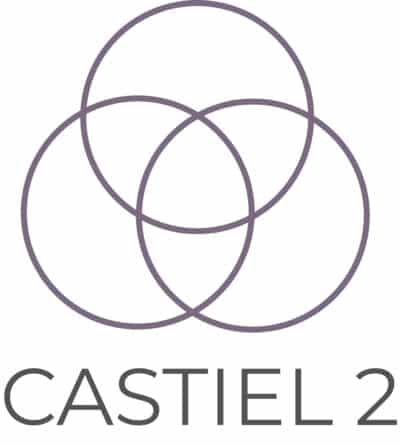
CASTIEL 2 – Coordination and Support Action
CASTIEL 2 will continue the mission to coordinate and support the National Competence Centre initiative and in addition will now coordinate and support the Centres of Excellence in HPC.
The activities of CASTIEL 2 will coordinate and support the NCC and CoE activities at the European level, and foster collaborations between NCCs and CoEs (and amongst each other) to achieve maximum impact to their user communities and the European HPC landscape.
The CoEs
The Centres of Excellence cluster European Expertise with regard to specific topics. From Engineering to Biology and AI, everything is represented. Learn more about the CoEs >here.
What is the relationship between CASTIEL and EuroCC / the CoEs?
CASTIEL 2, the Coordination and Support Action (CSA) closely associated with EuroCC, combines the National Competence Centres (NCC) formed in EuroCC as well as the Centres of Excellence into a pan-European network. The aggregation of HPC, HPDA, and AI competencies demonstrates the global competitiveness of the EU partners.
Partners
Universität Stuttgart (USTUTT) and Scapos AG (SCAPOS) GERMANY, Consorzio Interuniversitario (CINECA) ITALY, TERATEC FRANCE (TERATEC), Barcelona Supercomputing Center – Centro Nacional De Supercomputación (BSC) SPAIN, Partnership for Advanced Computing in Europe AISBL (PRACE) BELGIUM
OUR NATIONAL FUNDING AGENCIES
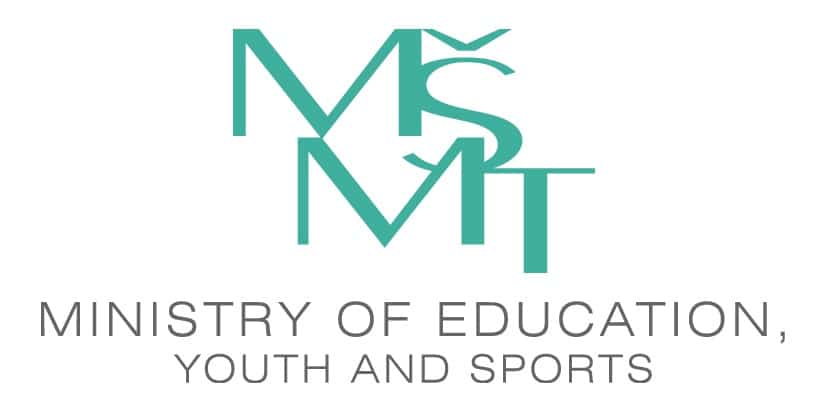
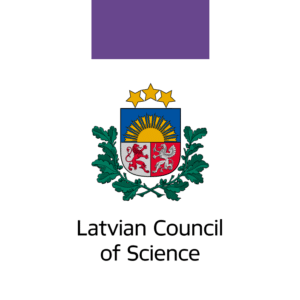




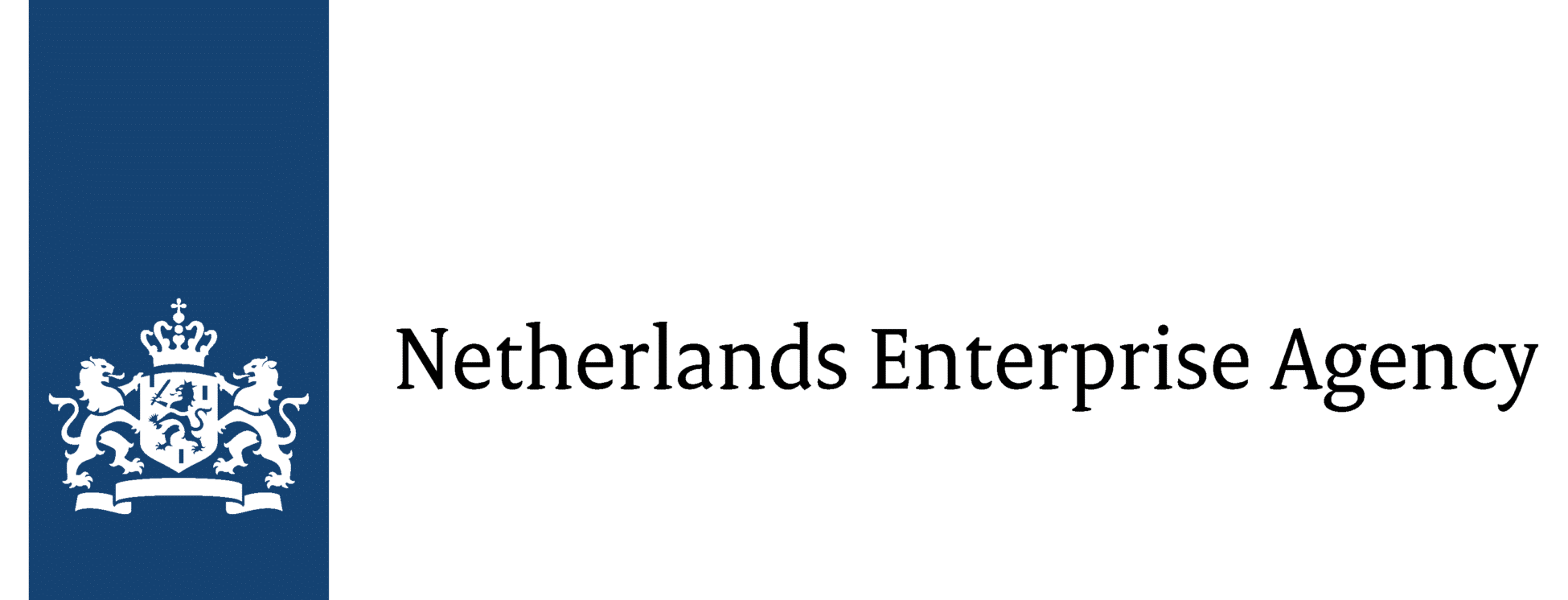


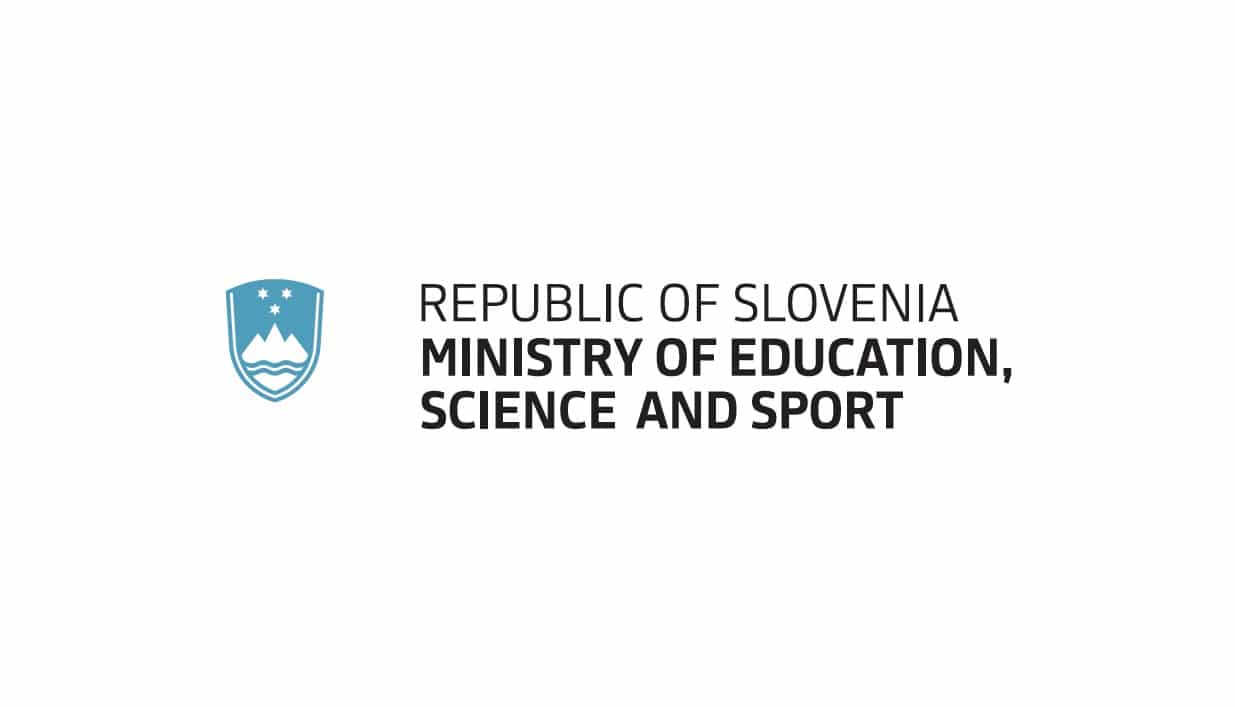
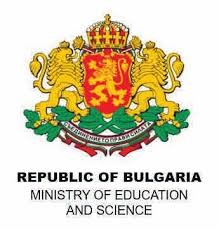





| Runtime | 01.01.2023 – 31.12.2025 |
| Funding | Digital Europe, EuroHPC JU |
| Leader | Höchstleistungsrechenzentrum Stuttgart |
| Contact | Dr. Bastian Koller, pcmo@hlrs.de |